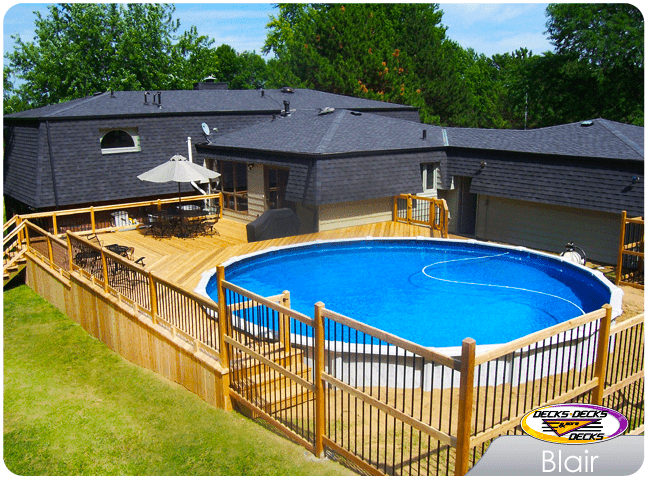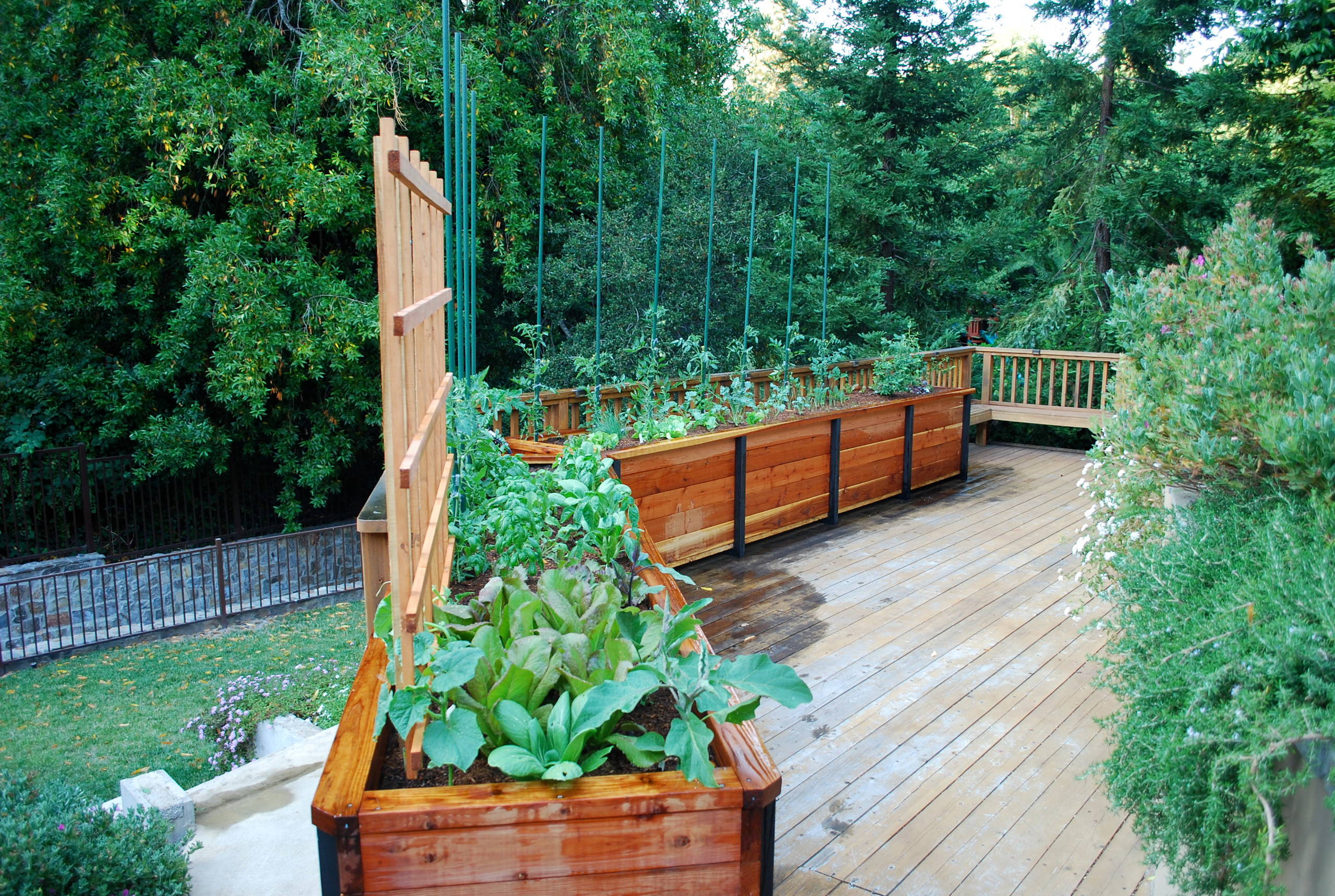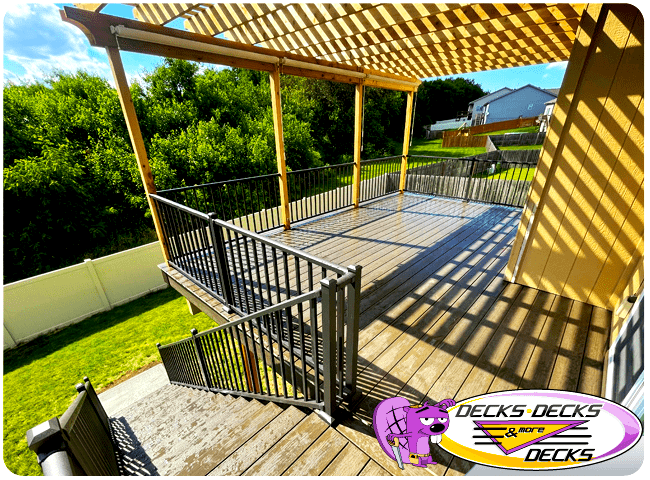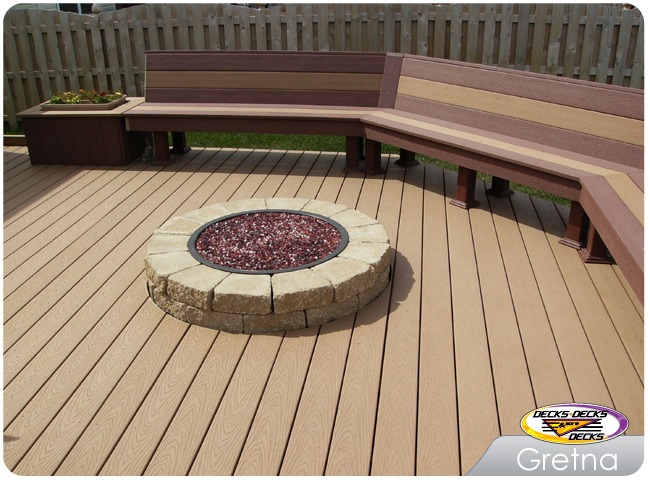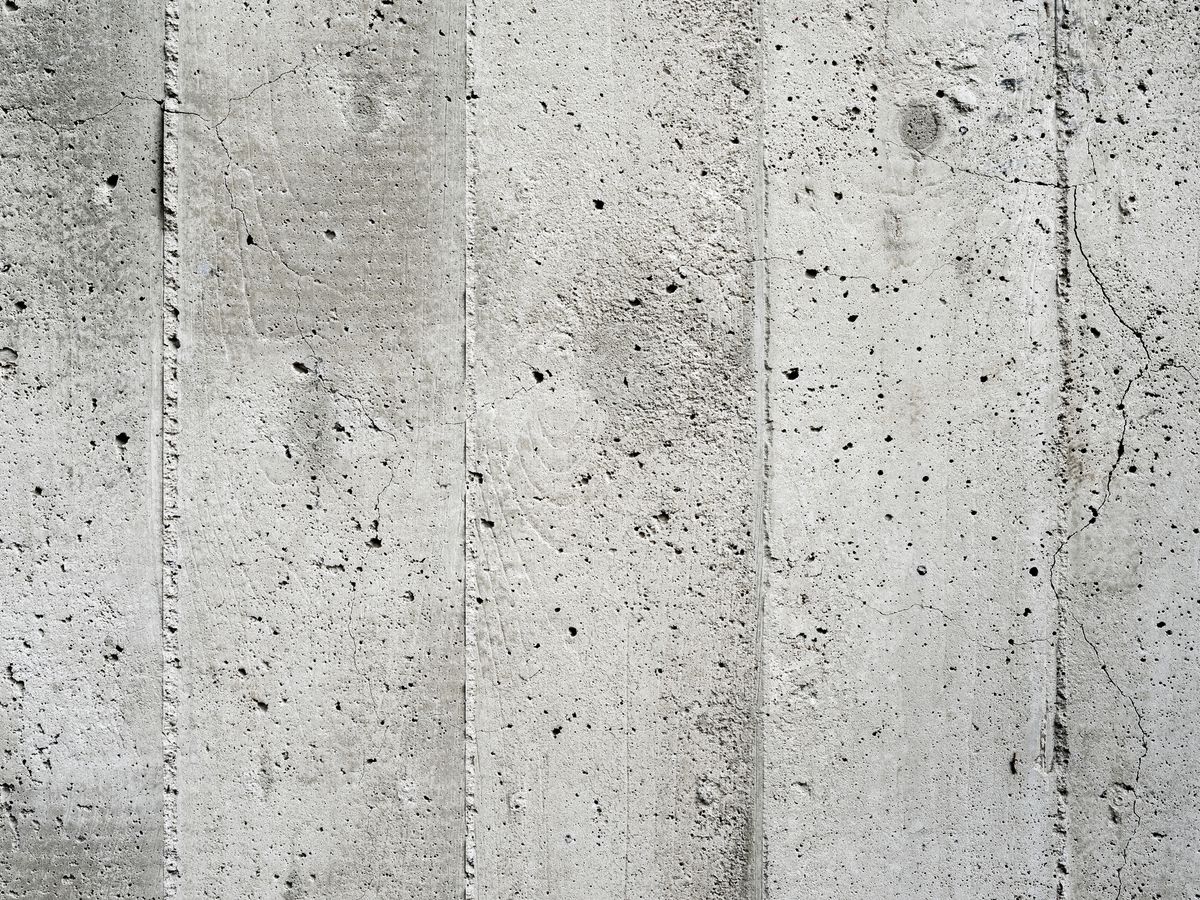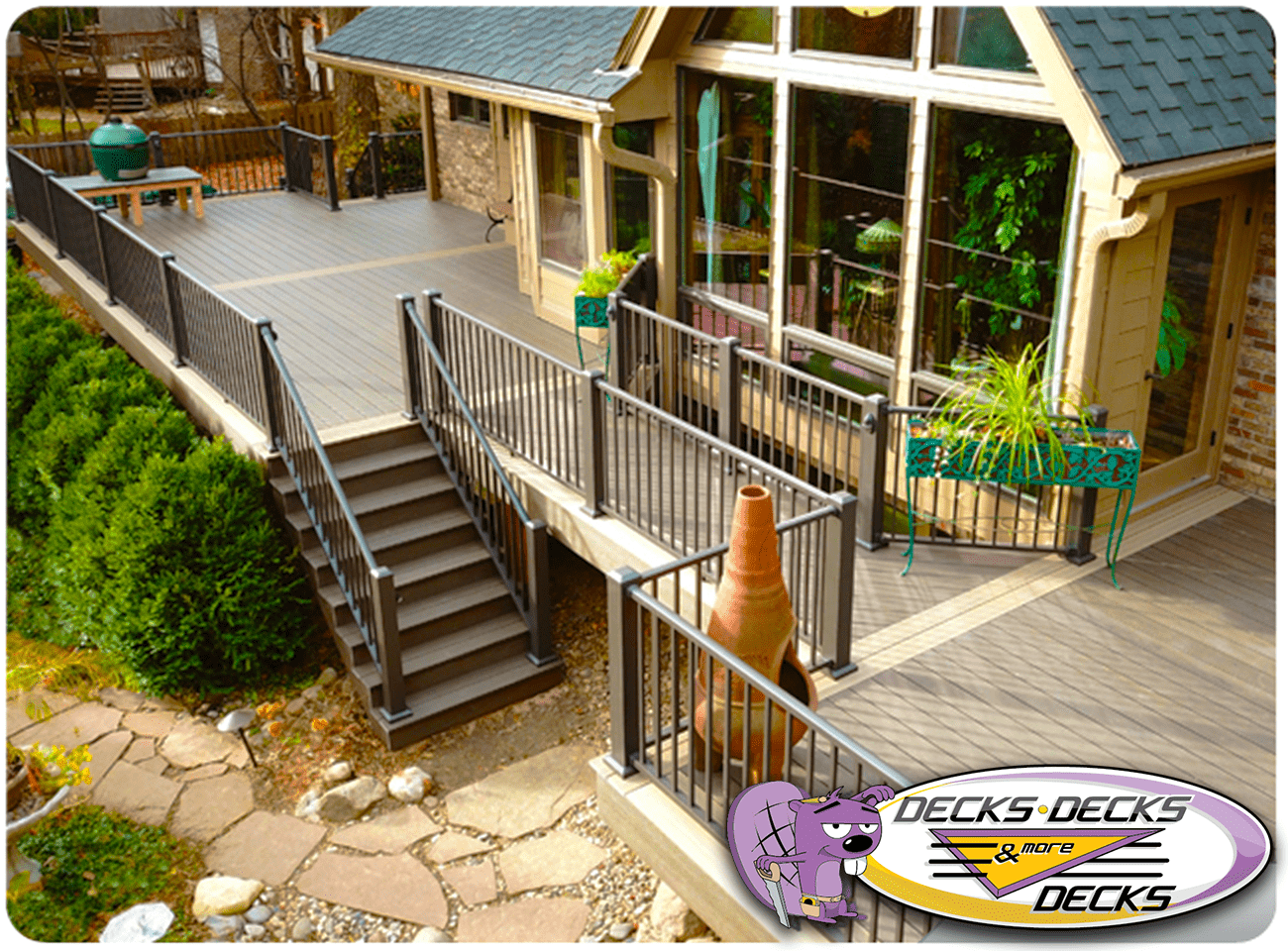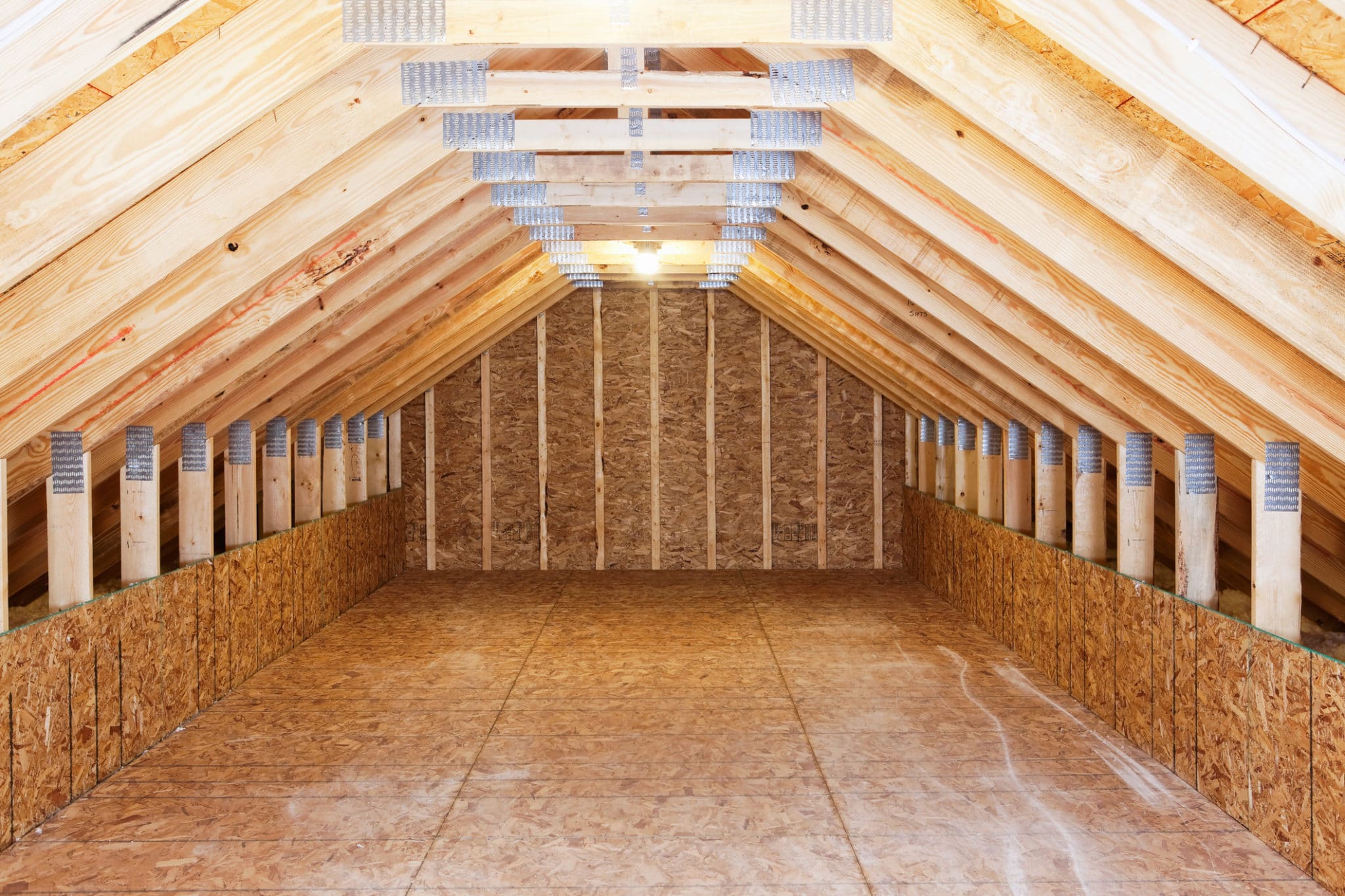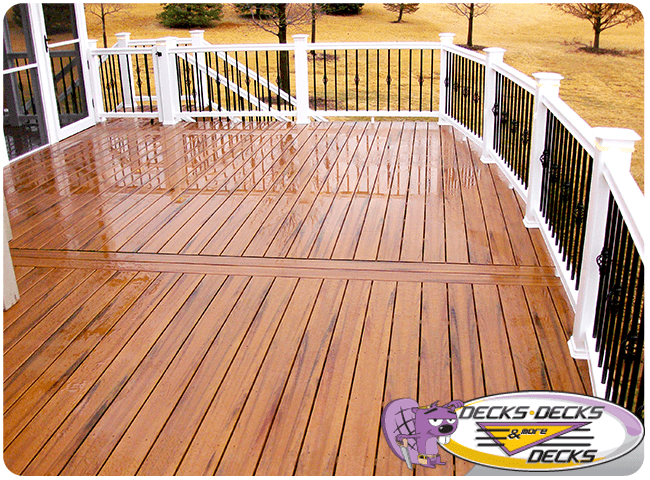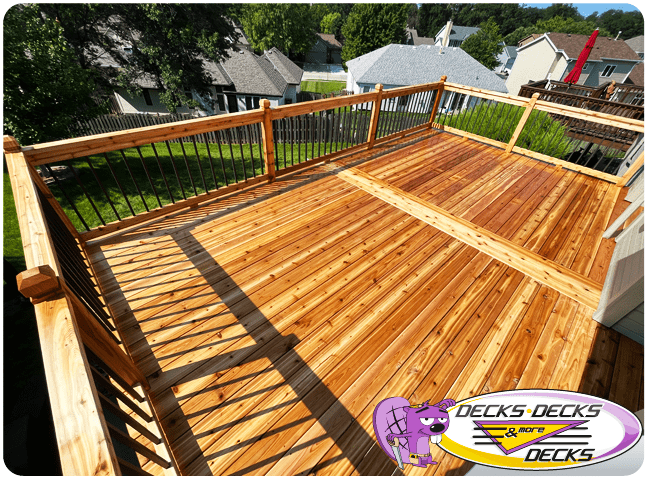Enhancing Your Deck: A Guide to Deck Post Accessories and Connections
Deck posts are essential components that provide structural support and add visual appeal to your deck. Choosing the right deck post accessories and ensuring proper connections can improve both the safety and style of your outdoor space. In this guide, we’ll explore the different types of deck post anchors, base covers, post caps, lighting options, post sleeves, and the best practices for post-to-footing connections.
Deck Post Anchors
Deck post anchors secure the posts to the deck surface, providing stability and strength to the overall structure. There are various types of post anchors to consider:
- Surface-Mount Anchors: Ideal for attaching posts to concrete or existing deck surfaces, these anchors provide a solid base without the need for digging.
- In-Ground Anchors: These are set into the ground or concrete footings, offering superior stability for freestanding decks or pergolas.
- Adjustable Anchors: Allow for height adjustments and are useful in areas with uneven surfaces or shifting ground.
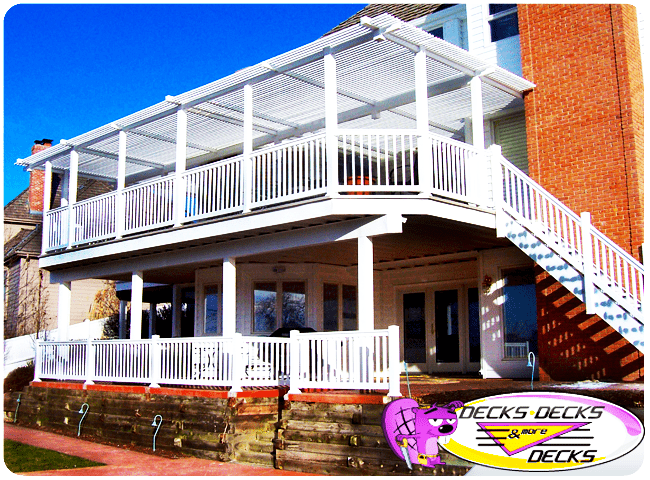
Deck Post Base Covers
Deck post base covers are both functional and decorative, concealing unsightly post bases and protecting them from the elements:
- Material Options: Choose from aluminum, vinyl, or wood base covers that match your deck’s style and material.
- Designs and Colors: Available in various shapes and finishes, base covers can add a polished look to your deck by hiding hardware and providing a seamless transition between the post and deck surface.
- Installation: Most base covers are easy to install and can be added after the posts are in place, making them a simple upgrade for existing decks.
Deck Post Caps
Deck post caps serve as protective and decorative elements, preventing water damage and adding a finishing touch to your deck:
- Types of Post Caps: Choose from flat, pyramid, or solar-powered post caps depending on your aesthetic and functional needs.
- Material Choices: Common materials include wood, metal, and composite, each offering different levels of durability and style.
- Lighting Integration: Some post caps come with built-in LED lighting, adding ambiance and visibility to your deck at night.
Deck Post Lighting
Incorporating deck post lighting can enhance the safety and atmosphere of your deck:
- Solar Post Lights: Easy to install and energy-efficient, solar lights automatically illuminate when the sun sets.
- LED Post Lights: Available in various styles, LED lights offer bright, long-lasting illumination and can be integrated into post caps or mounted along the post itself.
- Wiring Considerations: Plan your lighting layout carefully, ensuring access to power sources or opting for battery-operated or solar solutions to simplify installation.
Deck Post Sleeves
Deck post sleeves are designed to slide over wooden posts, providing protection and a polished appearance:
- Materials: Typically made of vinyl or composite, post sleeves are resistant to rot, fading, and insect damage.
- Styles and Colors: Available in various colors and finishes, post sleeves can complement your deck railing and trim for a cohesive look.
- Easy Installation: Post sleeves are easy to install over existing posts and are a great way to refresh the look of your deck without replacing the entire post structure.
Deck Post-to-Footing Connection
The post-to-footing connection is crucial for the stability and safety of your deck. Ensuring a secure connection can prevent issues like leaning or shifting over time:
- Concrete Footings: Posts should be anchored to concrete footings that extend below the frost line to prevent movement due to freezing and thawing.
- Simpson Strong-Tie Brackets: These metal connectors are designed to secure posts to footings or beams, providing a strong and code-compliant connection.
- Inspection and Maintenance: Regularly check post-to-footing connections for signs of rot, corrosion, or loosening to maintain the integrity of your deck.
Conclusion
Investing in the right deck post accessories and ensuring proper connections can significantly enhance the durability and aesthetics of your deck. Whether you’re upgrading with new post caps, adding post lighting, or reinforcing post-to-footing connections, these enhancements contribute to a safer, more attractive outdoor space.


